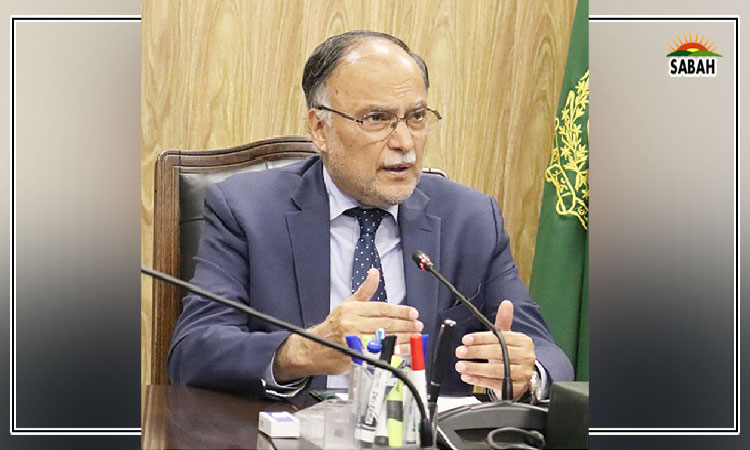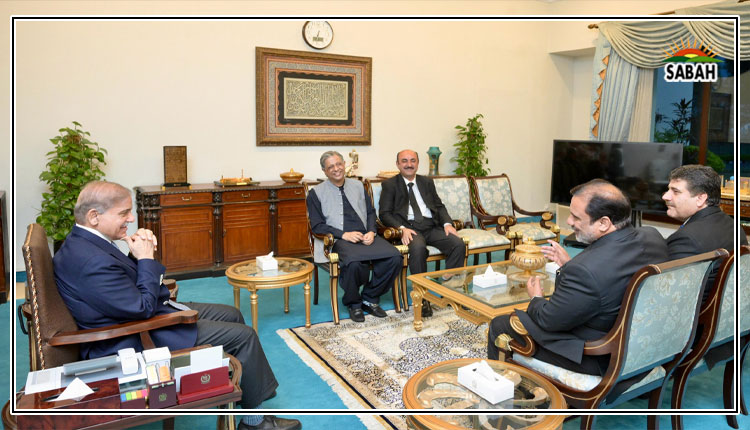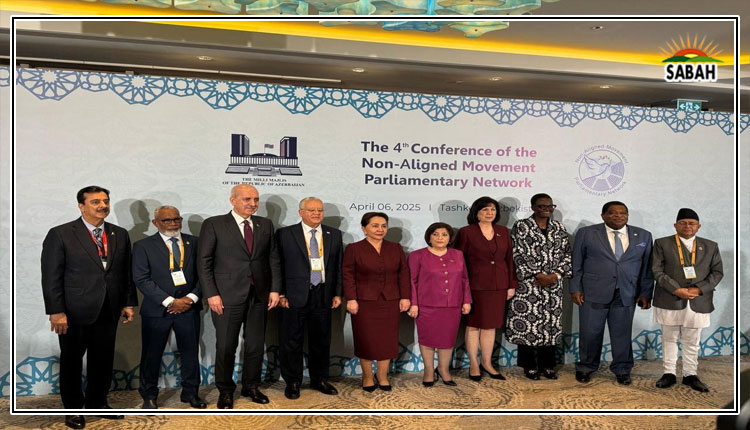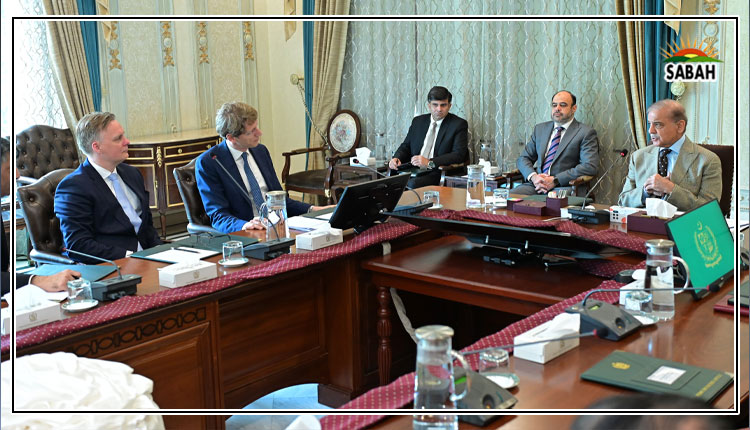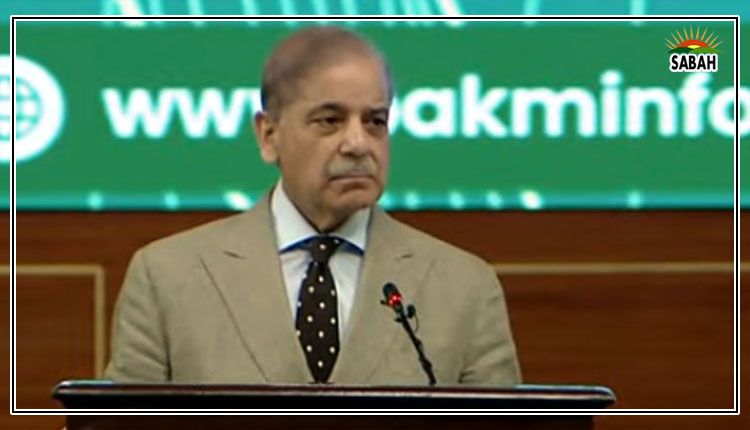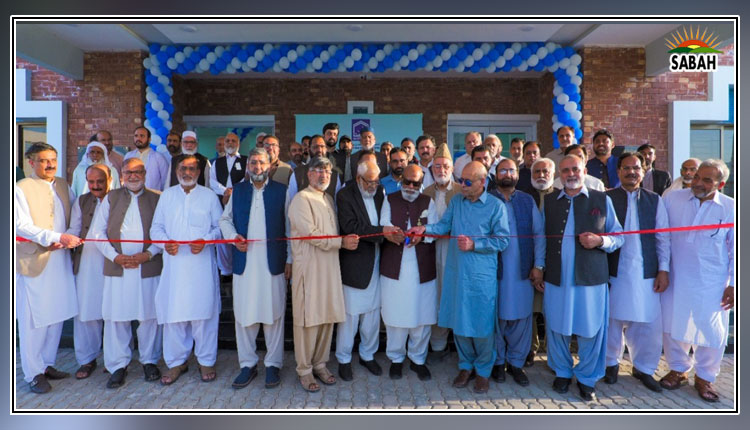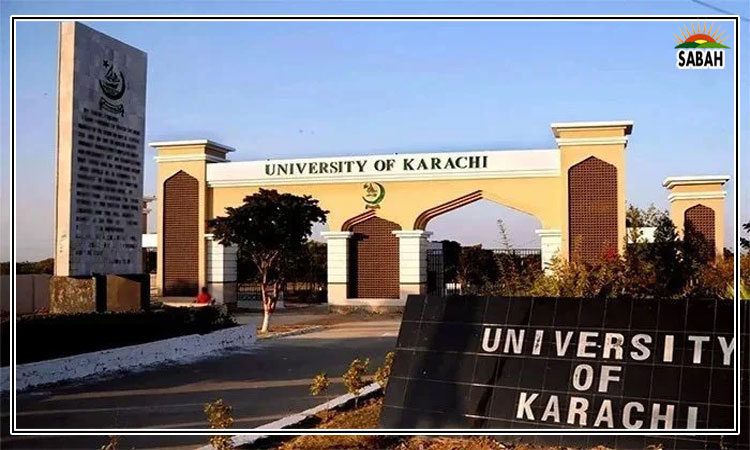Innovation in education…By Dr Hina Fatima
Pakistan’s higher education system is at a critical juncture and needs immediate and bold reforms to align with the demands of the modern world. For too long have outdated practices and an inability to keep pace with global trends left our graduates unprepared for the competitive, technology-driven landscape of the 21st century.
The saying ‘you reap what you sow’ resonates deeply with our current predicament. If we fail to address the systemic flaws now, the consequences will resonate for generations to come.
Rote learning has been a significant obstacle in our education system. A shift toward conceptual learning is not just beneficial but also necessary, helping students understand the principles behind what they learn and apply them across various disciplines. Whether studying basic sciences, social sciences, or computing, students should grasp the concept properly rather than simply regurgitate information during exams. Curriculum reform is key. Every course should emphasise understanding and application. For instance, a computing course should focus on developing solutions for real-world challenges, while a social science class could involve research projects addressing community issues.
In an age dominated by artificial intelligence, big data, and advanced digital tools, our higher education system cannot afford to lag behind. The tools to make this transition are already available; what remains is the will to implement them effectively.
Interactive learning platforms, virtual labs, and AI-powered tutoring systems can transform traditional classrooms into dynamic learning environments. For example, students studying engineering could use virtual simulations to design and test prototypes, while business students could analyse market trends using data analytics, big data and AI tools.
Blended learning, which combines online and in-person instruction, offers the flexibility needed to accommodate diverse learning styles and geographical disparities. By adopting such models, Pakistan can make quality education accessible to all, particularly in underserved areas.
Education must align with the global challenges and aspirations outlined in the United Nations’ Sustainable Development Goals (SDGs). These goals emphasise the role of education in advancing sustainable development, and Pakistan’s higher education system has a crucial part to play in this vision.
Incorporating SDGs into curricula equips students with the knowledge and skills to address real-world problems. A business course could include sustainable practices in entrepreneurship, while environmental sciences programmes might focus on renewable energy innovations. Technology enhances the potential impact of SDG-driven education. Students can develop apps promoting environmental awareness or analyse data to track progress on health or education initiatives. Such efforts not only prepare students for the workforce but also empower them to contribute meaningfully to society.
The success of any educational reform hinges on the educators who implement it. Transitioning to a technology-integrated, outcome-based model requires a significant shift in teaching methods. Educators must embrace modern pedagogical tools while maintaining a student-centric approach. Professional development programmes are critical in this regard. These initiatives should focus on equipping educators with the skills needed to teach conceptually and incorporate technology into their methods. A gradual, supportive transition will ensure educators of all experience levels feel confident and valued during this change.
Rather than framing this shift as a challenge, it should be viewed as an opportunity to enhance the teaching profession. Faculty members are not merely adapting to new tools, they are leading the way in shaping the next generation of thinkers and problem-solvers. The shift to outcome-based learning is central to making education more relevant and impactful. This approach ensures that every course provides students with practical, market-ready skills alongside theoretical knowledge. Each course should have clearly defined learning outcomes, with at least half of the content focused on real-world applications. For example, students in a business analytics programme could gain hands-on experience with industry-standard software, while those in basic sciences might work on research projects with tangible societal benefits.
Every semester, students should have opportunities to engage in projects that enable them to apply their learning in professional settings. This not only enhances employability but also nurtures entrepreneurship and innovation.
While national bodies such as the Higher Education Commission (HEC) have introduced initiatives to modernise education, the responsibility for change extends to individual institutions. Universities must take proactive steps to embed reforms into their structures and ensure these changes are fully realised at the ground level. Monitoring mechanisms, resource allocation, and institutional accountability are critical for ensuring the success of these reforms. Policies alone are insufficient; their implementation must be timely and robust to create tangible outcomes.
The transformation of Pakistan’s higher education system is not just the duty of policymakers or institutions. It requires the active involvement of all stakeholders, including educators, students, parents, and industry leaders.
Conceptual learning, technological integration, and the alignment of education with global goals are not lofty ideals but pragmatic necessities. They represent the foundation of a system that prepares students to navigate an unpredictable, fast-paced world. The transformation of Pakistan’s higher education system is an urgent necessity. The future of our society and economy hinges on how quickly we can adapt to conceptual and technology-driven education.
By embracing change today, we pave the way for a brighter tomorrow where our students, educators, and institutions stand as pillars of innovation and progress. The choices we make now will shape a legacy of excellence and relevance for generations to come.
COURTESY


